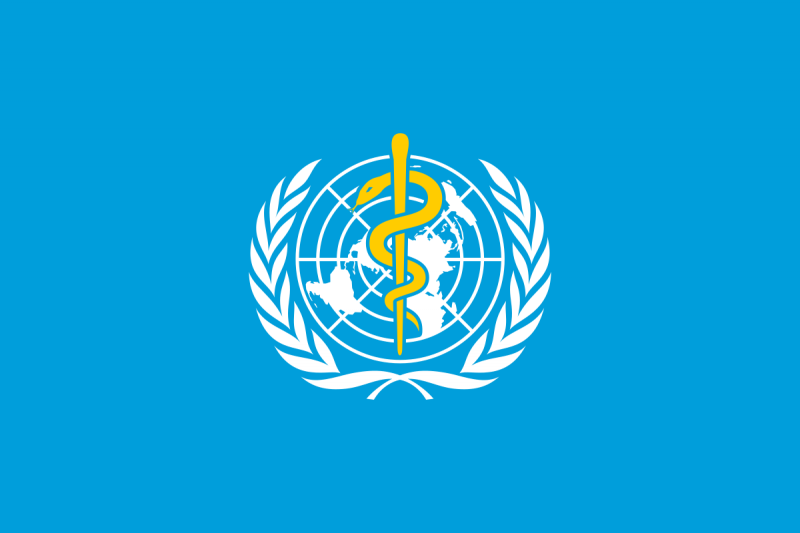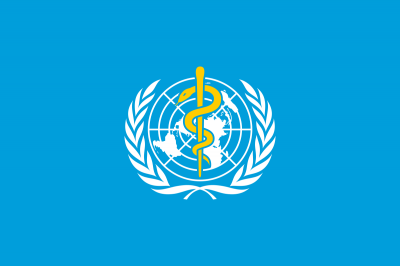Dr. Ni'mah Abed, a representative of the World Health Organization in Sudan, revealed that dengue fever has spread in the Sudanese capital for the first time in its history, while the country is facing the largest outbreak of the disease ever, which is exacerbated by weak funding of the health system. He stated, "What we see in health facilities are severe cases of dengue fever, meaning what we are witnessing is just the tip of the iceberg." He added that most people do not visit doctors because the symptoms are not severe enough or because they do not realize they are infected with dengue fever.
A report from the Ministry of Health this week, which Reuters reviewed, indicated that at least 45 people have died out of at least 2,576 recorded cases since July in 12 of the 18 states of Sudan. Symptoms of dengue fever include fever, muscle pain, nausea, and rash, but it tends to be more severe and can sometimes be fatal upon repeated infections, making containment of the outbreak a long-term concern.
Although dengue is endemic in Sudan, previous waves of outbreaks were concentrated in border states and did not spread throughout the country. This outbreak comes at a time when the already underfunded Sudanese health system is facing a crisis, as most of Sudan's key development aid supporters withdrew their assistance following a coup in 2021.




